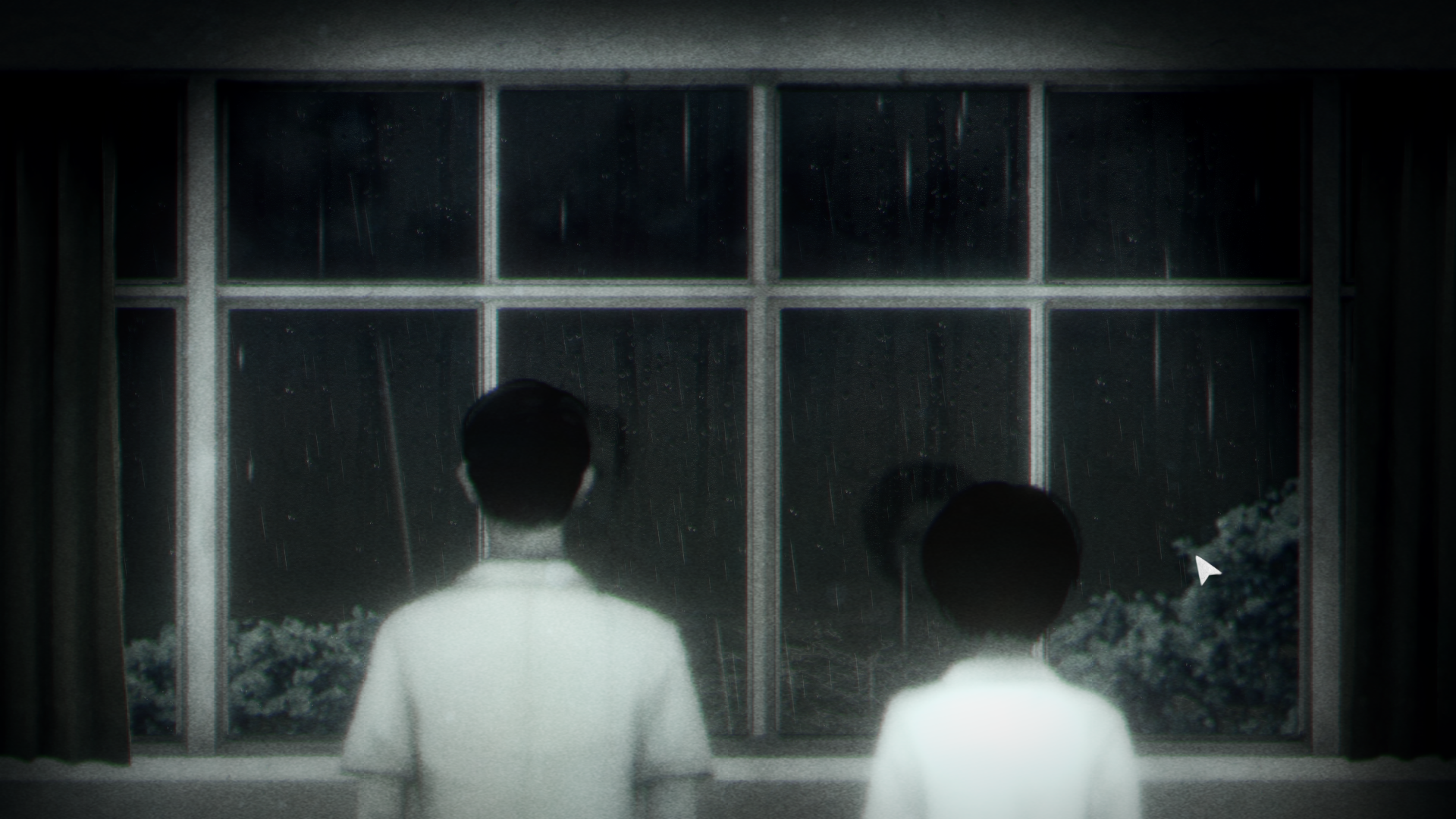Detention Has Never Been So Scary – Or Fun
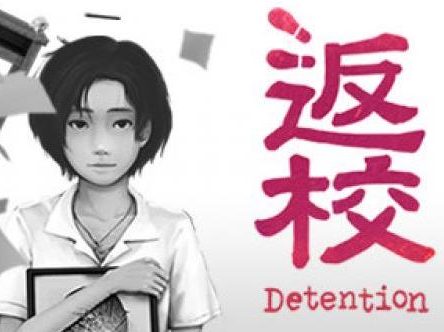 Thirsty for JUICE content? Quench your cravings on our Instagram, TikTok and WhatsApp
Thirsty for JUICE content? Quench your cravings on our Instagram, TikTok and WhatsApp
Let’s face it – the video games market is oversaturated. The Call of Duty franchise puts out the same game year after year, as does EA Sports. Most of your friends who game are probably sat in front of a League of Legends game or playing multiple Counter-Strike matches for at least three hours a day. It’s often the same, gigantic multi-million-dollar developers you see making the news on IGN, and most people who don’t game often view the video game market as a sector flooded with guns, Grand Theft Auto releases, and gratuitous violence.
But what of the voices yet to be heard? What of the diamonds in the rough, who craft video games as art, and who have stories to be told through their games? If you’re tired of your run-of-the-mill first-person-shooter, and you want some food for thought with your hand-eye co-op, stay tuned to our series of articles, which aim to highlight some of the best upcoming independent game developers out there.
First up in our series is the survival horror, point-and-click adventure Detention. Incepted by Taiwanese indie developers Red Candle Games, the game was released in January 2017 to rave reviews, and received an award for Best Design at the Taipei Game Show, as well as a host of other award nominations, a novelisation of the game’s story, and an upcoming live action movie adaptation too. Flagged as “a horror game unlike anything else,” Detention is a great starting point (from closer to home, too) to delve into the vast, untapped pool of talent that makes up the indie game scene.
Detention is set in the ‘60s, in a war-torn Taiwan under the brutal thumb of martial law. In the midst of political turmoil and fear, two high school students, Fang Ray Shin and Wei Chung Ting, are caught in the midst of a typhoon warning with no way to get home from school. Ray is, however, eventually separated from Wei by mysterious supernatural occurrences, and she soon finds herself in a spine-tingling journey through her own dark past, all while running from paranormal entities which have been unleashed in the school.
It’s not every day that one finds an easily accessible game which incorporates East Asian mythology, culture, and history into a game that still manages to weave its own unique story for players – in a market dominated by the West, a gem like Detention is a rare find indeed. You’d also be hard-pressed to find a game with better atmosphere, or a more uniquely vintage art style. While the story itself may be a little short, Detention is nonetheless a heart-wrenching trip through both Taiwan’s bloody past, as well as the protagonists’ own stories; a dual storyline that will have any player hooked from the first few minutes. Not convinced? We even had a chat with Red Candle Games co-founder, Vincent Yang, to get more insight into the creative process behind Detention, as well as their experience as independent developers.
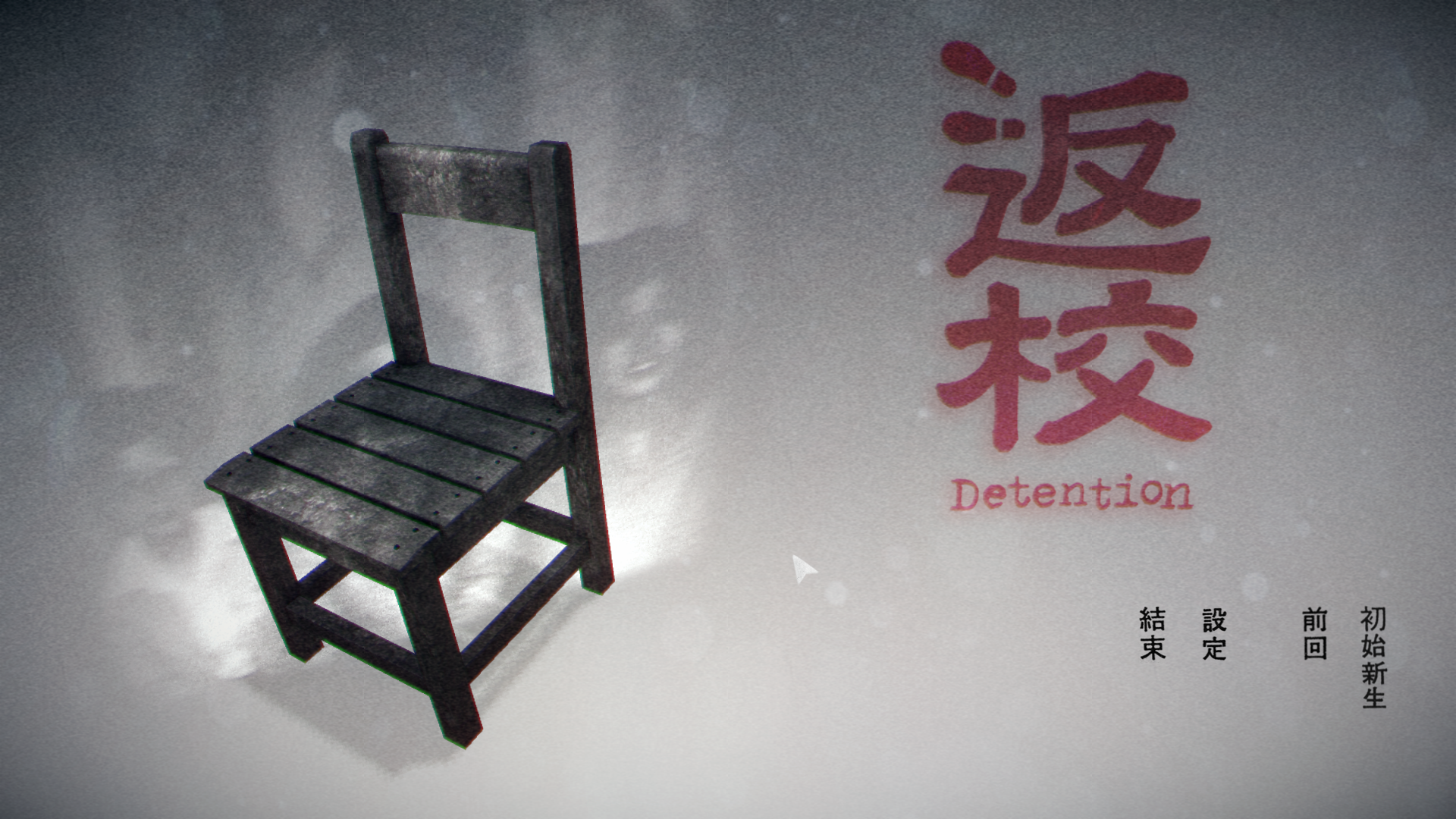
“… growing up playing and getting influenced by video games, it’s rather rare to stumble upon a title that represents our own culture.”
What gave you the idea for Detention, and how did you take it from an idea to a fully-fledged video game?
It started out as a solo project by one of our co-founders, Coffee [Yao]. And the original idea was simple – growing up playing and getting influenced by video games, it’s rather rare to stumble upon a title that represents our own culture. Thus Detention was born.
Detention is a game incorporating many beautiful art styles, from rough art that looks hand drawn, to more colourful, digital works. Can you talk about your artistic vision for the game – did you intend it to be a mix of styles from the start, and how did your artists work on the game?
Our artists focus on creating something unique in terms of visual presentation and to coexist with the ‘60s era that we’re recreating. The strong contrast of black and white was implemented to bring out what we called the “old photograph” vibe. The art style went through many transformations, and it was a result of multiple attempts and trial and error. For example, at the early stage of prototyping we tried to borrow from the early Chinese movies for references, including using Chinese subtitle fonts that you often see in the Shaw Brothers films. Many things were discarded in the process of refinement, however. All in all, the philosophy was to refer what’s around us and add in as much Taiwanese flavour as we can; things that we see on a daily basis – the street, the buildings, the Taiwanese temples – and blend that into the game artistically.
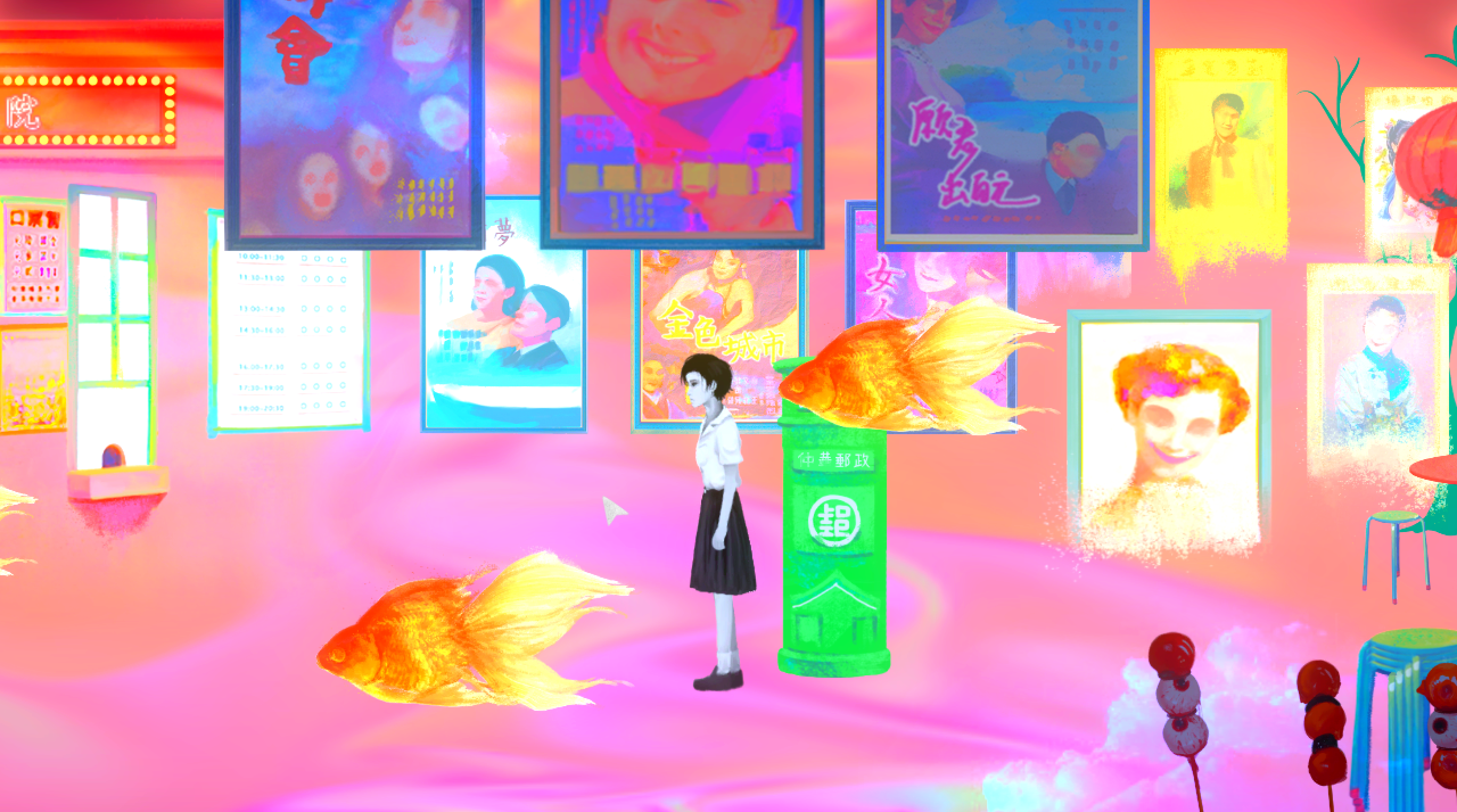
The main characters, Ray and Wei, are in school in ‘60s Taiwan under martial law. What are your own thoughts about that time period? Did you and/or any family have experiences from the ‘60s similar to those in the game?
Obviously none of us were born in the time of White Terror, so most of the stuff that we insert into the game were from stories told by family members and from our own research. Since this is a very serious subject, at the very early stage of development we decided not to make a historical game. We wanted to keep it fictitious and centred around a good story and the relationships between characters. The reason behind it is that we are not scholars or researchers, nor are we history majors. Even if we all want to talk about the subject, it doesn’t mean that we’re qualified to discuss facts from our own narrow perspective.
“… to bluntly discuss right or wrong simply isn’t delicate enough.”
Also, from an artistic point of view, to bluntly discuss right or wrong simply isn’t delicate enough. To “teach and educate” our audience was never our intention. To inspire and evoke independent thinking, encourage the attitude of doing your own research before judging, in my opinion, is a better way to get our message across. After all, we are merely a group of game developers who enjoy telling stories and provide an immersive gaming experience. Nonetheless, I think all of our members can agree on that the martial law period was a troubled time in Taiwan’s recent history, and on a personal level I think we all should be aware of what happened in the past as a tragic lesson that we learned and hopefully not repeat it in the future.
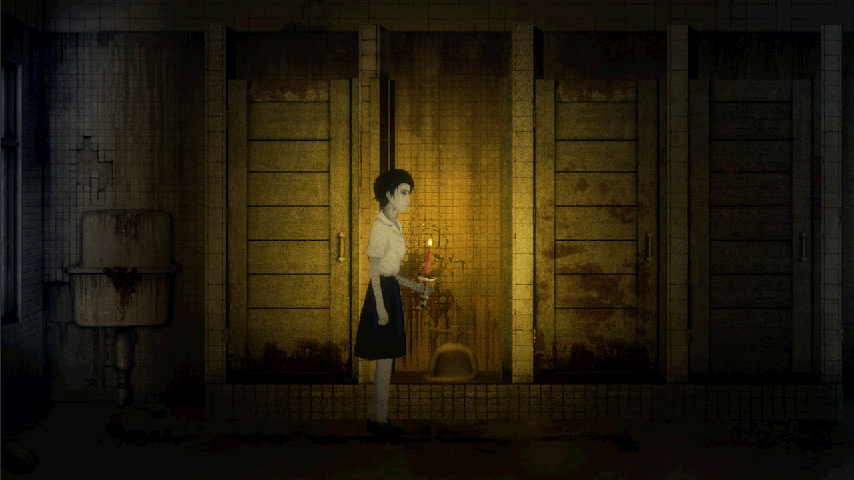
Every democratic country has had a bloody past to some degree. Is the war with mainland China still a touchy subject in Taiwan today? What has the reception to your use of the time period been like locally – have there been any objections?
Taiwan’s society, in a way, has evolved in the past decade. In fact, I think younger generations nowadays don’t have the concept of “touchy subjects” in mind. Instead they may be just unaware of them. In general, less of us are afraid to speak up, and the spirit of democracy, including freedom of speech, is what we practise and value.
Overall the reception was mostly positive, similar to our Steam reviews. We get comments from youngsters that this is a part of history they’d like to learn more about, which is great. On the other hand, there are older folks who appreciate our work, for putting effort to recreate some of the scenes in Taiwan that have been long forgotten.
Of course there are objections – people saying we wrongly portrayed the history of this country; saying that we leveraged on Taiwanese history for profit. Regardless of what negative feedback we received, Red Candle Games went from a small indie company that was unknown to most, to an entity that people would spend time talking about. So, praise or no praise, I think it’s reasonable to say that we are happy that people still care about us. Moreover, as a studio we accept all kinds of opinions and these help to make our future projects better.
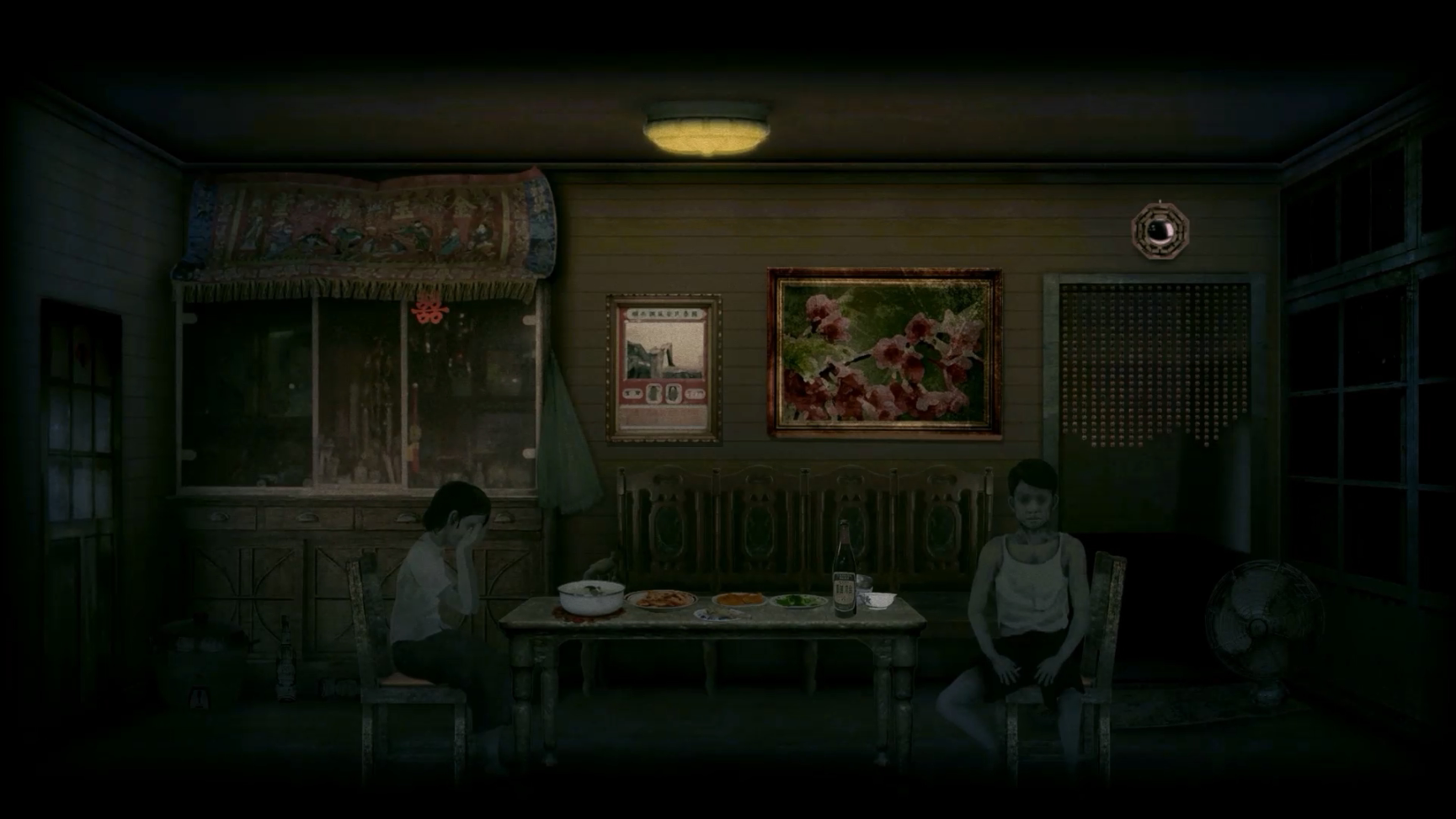
Detention is a very setting-specific game, and tells the player a lot about Taiwanese history with no need for prior knowledge. What other periods of Taiwanese history would you like to teach the world about, if you could?
Just like many other developers around the globe, we try to utilise our cultural background as an advantage and find fascinating contents to build games.
Due to Taiwan’s geographically advantageous position at the centre of the trade region, the island has been colonised by various different countries ever since the Age of Discovery. Thus, we have a rich culture fusing with different traditions and heritages. When we inspect this phenomenon carefully, we then realised this is a result of a repetitive process of forming new conformity between newcomers and native islanders. However, such process always brought conflict to its people. Whether it’s the Dutch’s arrival, the Ming dynasty’s conquest against the indigenous islanders, the Japanese colonisation or the KMT’s martial law period, I think there are plenty of things we’d love to talk about.
“Taiwanese history-related or not, that doesn’t stop us from doing what we like to do.”
We don’t want to be bound to this anyhow. As a game developer we wish to make great content without limitations. Therefore, Taiwanese history-related or not, that doesn’t stop us from doing what we like to do. We’d even make a game that’s not narrative-driven. Perhaps a party game for pure entertainment, if that’s what we come up with next.
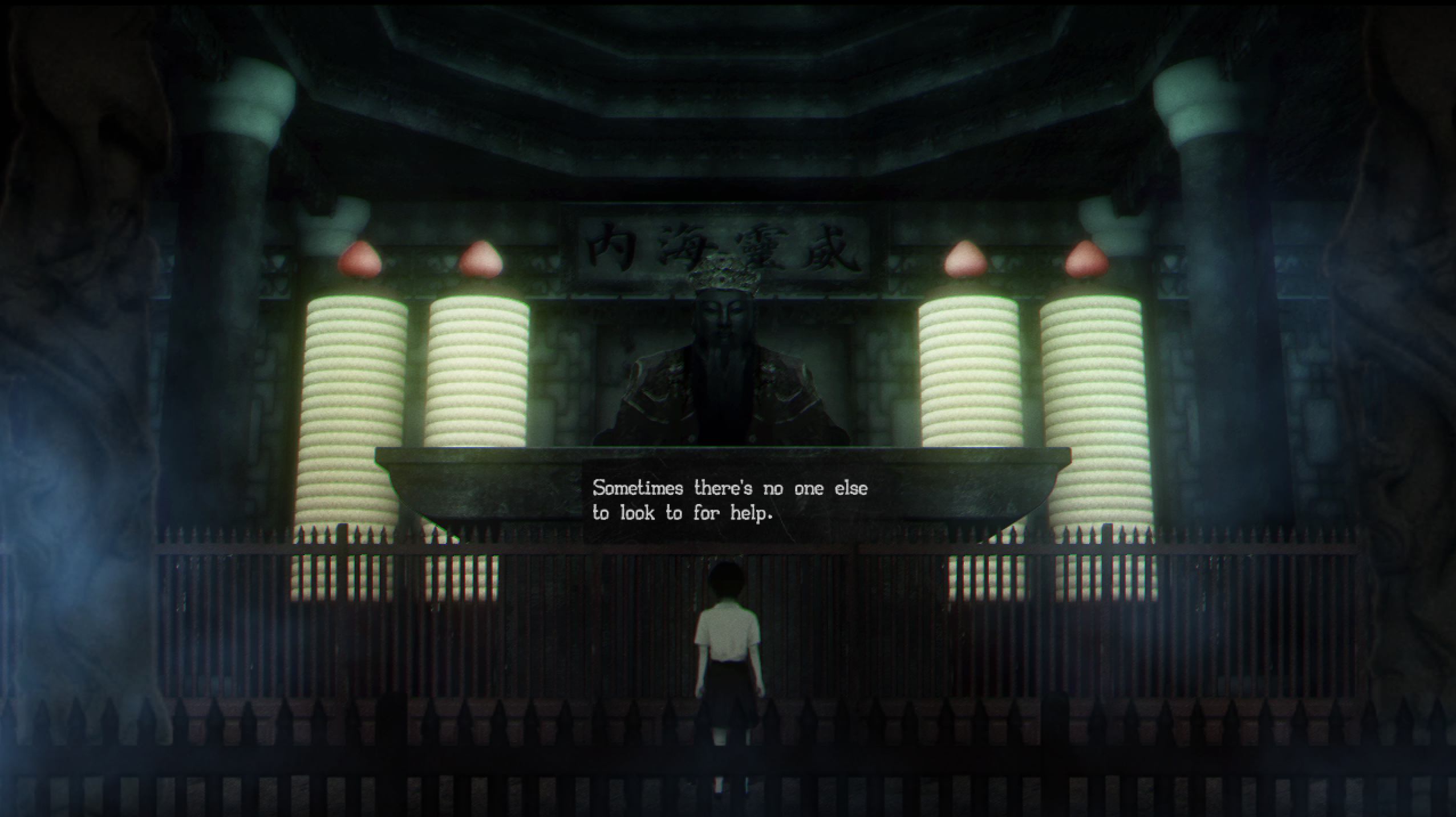
All the characters in Detention are very complex, each with motivations and flaws of their own. Ray is especially conflicted – how did you come up with her character?
Perhaps one of the reasons behind the complexity is that each character was not shaped by one person but the six of us, and we spent a long time on character building. During development, if any one of us found conflict in the narration, we would discuss it, leading us to constantly go back to the storyboard and rewrite the details if needed. Though arguments were unavoidable, fortunately, the team always reached agreements on the final decisions.
We wanted to make the characters in Detention sound and feel real – people that aren’t perfect in every way. We all believed in the idea that in time of turbulence like the White Terror period, even good people would do terrible things to others.
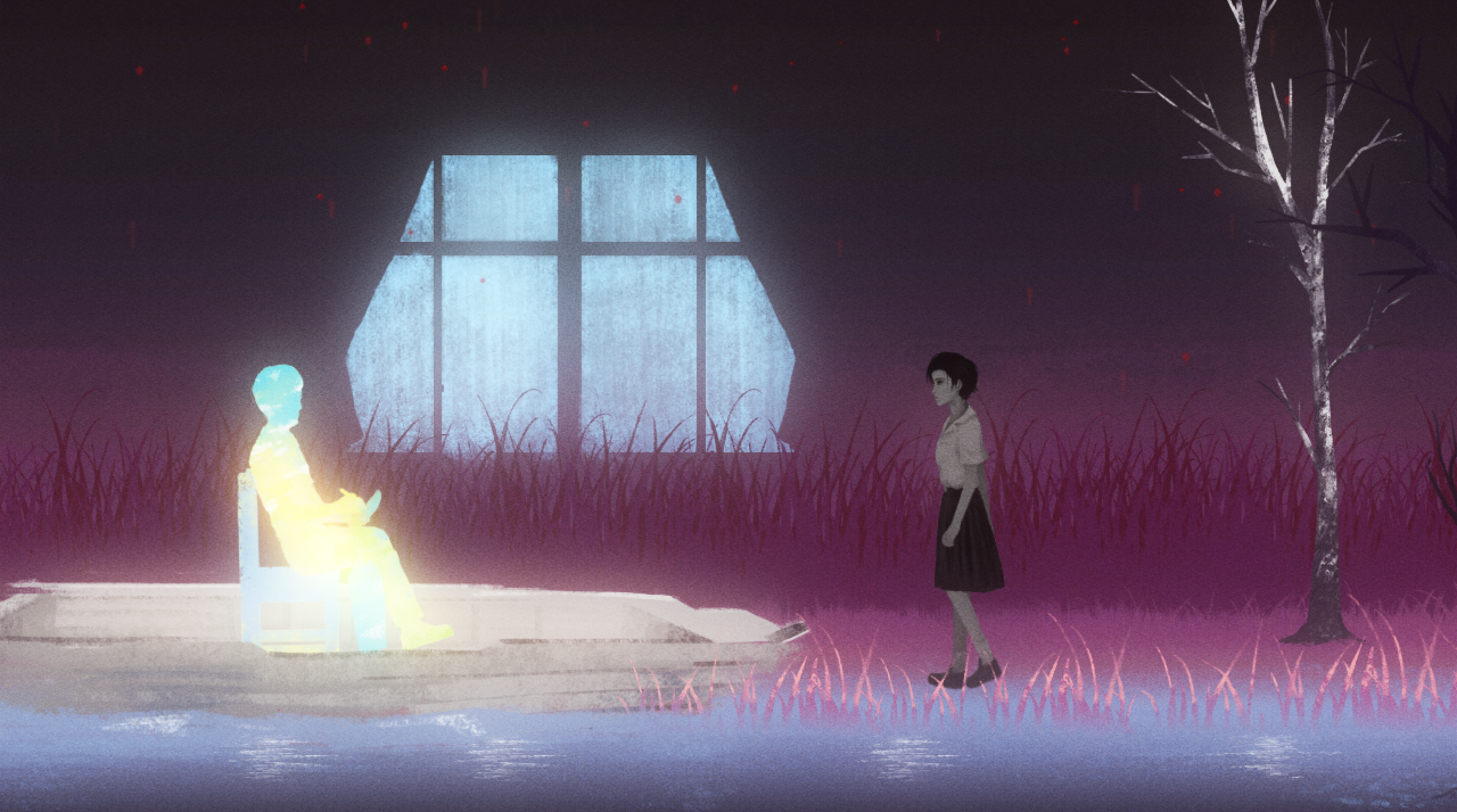
Who are your biggest inspirations in the world of video games?
As gamers and game developers, there are many games that influenced us deeply. For Detention in particular, I think you can easily find traces of other great games in it as well. Classic Japanese horror titles like the Silent Hill series, early Resident Evil and Clock Tower games, and also recent indie horror titles like The Cat Lady, Neverending Nightmares, Lone Survivors… the list goes on. Those great games not only paved the way for us to build a game like Detention, but inspired and cultivated us to do so.
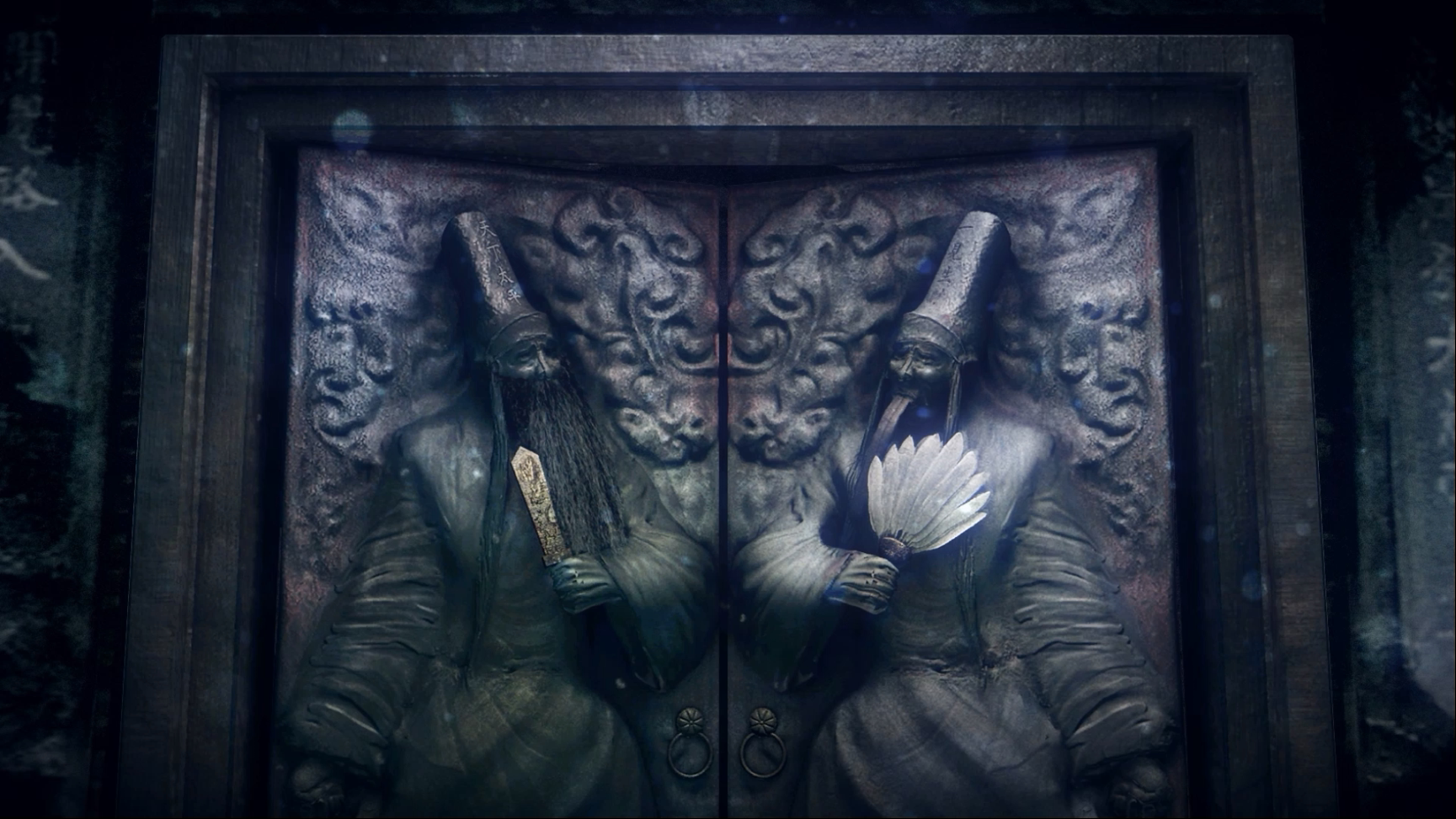
You put various pieces of Chinese mythology and culture into Detention, such as hungry ghosts, prayer altars, puppet ceremonies, and different deities. How did you choose which ones to put into the game, and which ones to leave out?
Since the goal from the very beginning was to market our game globally, in a way we wanted to imitate the Japanese on how to sell our culture to foreigners. So the Taiwanese elements were inserted and embedded into the world of Detention to make the game more appealing. Yet at the same time, we didn’t want it to be too confusing. So when designing the game, if things didn’t fit the universal understanding, objects didn’t make sense in terms of game logic or required additional prior knowledge of Taiwanese culture, and things that couldn’t be explained in a short amount of time, they would get thrown out.
Also, for intrigued foreigners who are unfamiliar with the symbols and practices, in many aspects it actually helps them immerse even more into the game’s horror environment. Just like the Cthulhu mythos, we rely heavily on the fear of the unknown instead of endless jump-scares. With that said, we frequently used elements that frighten us from our childhood memory and things that signify Taiwan. For example, the prayer altars are often seen in households. But with the glowing red altar standing alone in the dark night, some might recall the memory of waking up at night and walking past it giving them chills. And the Taiwanese puppet show was an obvious choice since it’s something we are all familiar with but which is rarely seen anywhere else.
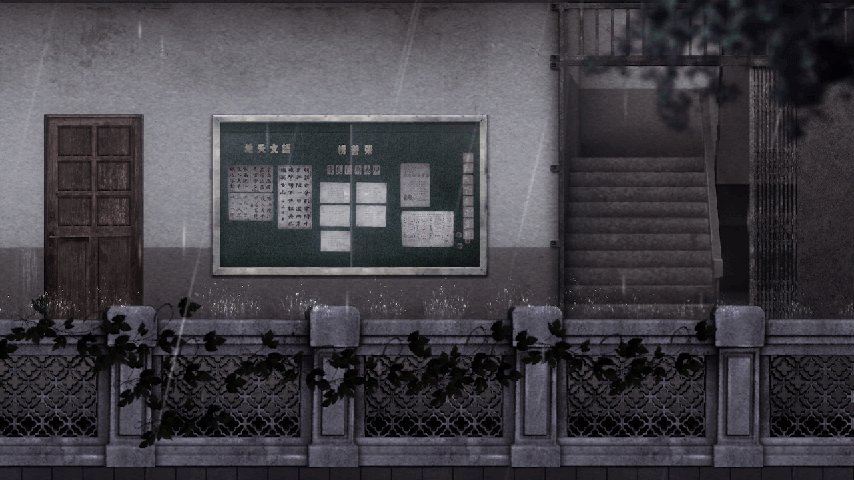
“The theme and core of Detention is Taiwan.”
There’s a certain nostalgia to Detention that I get from settings like Ray’s room, which is very typical of ‘60s Taiwan, as well as the school itself. What else would you say is emblematic of Taiwan’s past? Is history a driving goal behind your games, or would you also make games set in modern Taiwan?
The theme and core of Detention is Taiwan. It consists of our culture, history, art, and the people, so history is only a part of the elements we were trying to package up into the game. The ‘60s was picked because it fits our horror setting and could pique others’ interest. Also, it’s easier for us to sculpt the element of the ‘60s into a game. Originally, we just wanted to make a Taiwanese horror game, and along the way the game itself often guided us to where we should go. Therefore, if another idea pops up among one of our creators, and it’s about modern day Taiwan, then yes we will build a game based on that. Or if we come up with an awesome sci-fi story, then we might build a sci-fi game. In other words, we follow where our creativity leads us to.
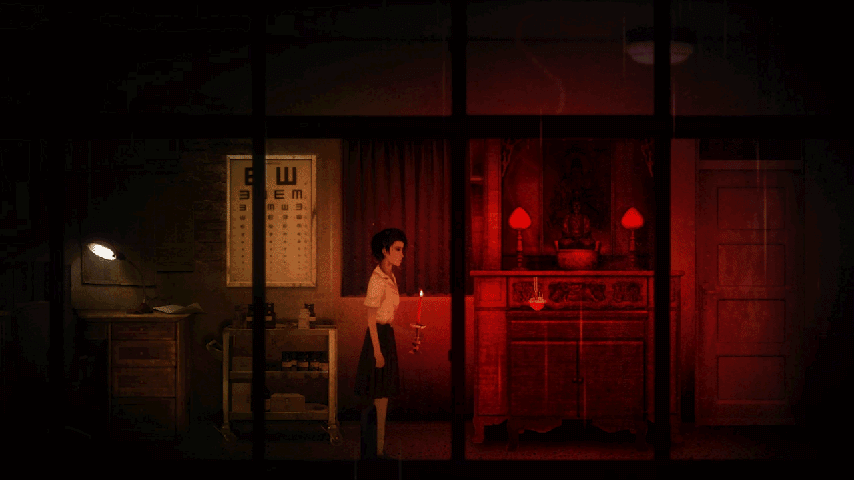
It’s very refreshing to see an East Asian game breaking into the worldwide game market, which is mostly dominated by Western developers. How do you feel about your game reaching so many people on Steam and other platforms, and getting such good reviews?
We felt blessed. We are not going to lie and say that getting Westerners’ overwhelmingly good reviews don’t bring us joy. It’s always great hearing praises and realise our hard work was presentable even in the global market. We are happy that we did somehow break the language/culture barrier and have a small voice of our own in this ever-changing gaming market. Because we all know that the indie market has become increasingly competitive in the past few years, the love we are receiving really blew us away.
However, this does not stop us from making more games, and the fact that Detention is just our studio’s first title and a fresh beginning tells us that there’s a lot of room to grow and improve. We will strive for the best in the future, and hopefully we can impress an even bigger audience.
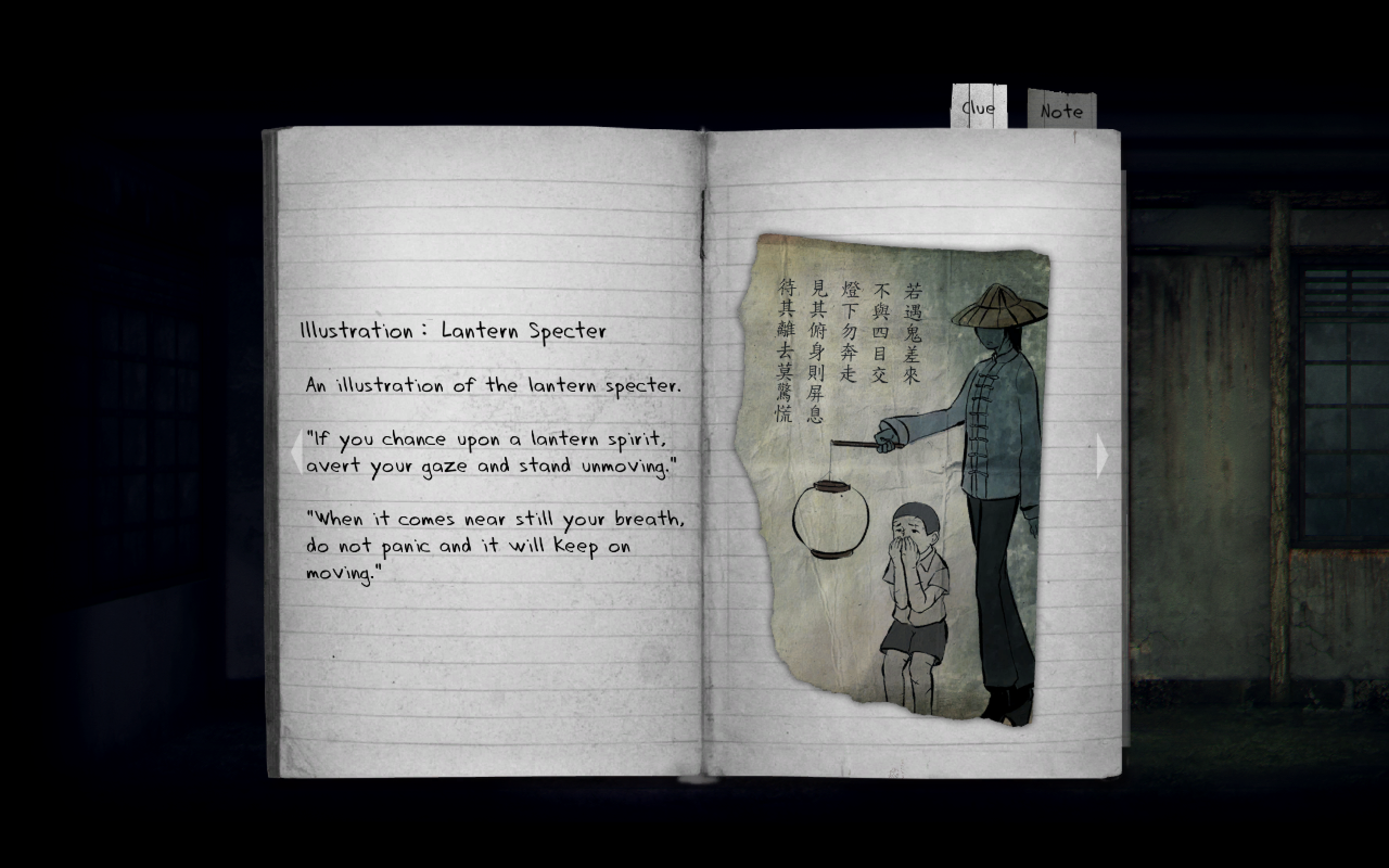
Tell us about the future for Red Candle Games. What are your goals? I see you’re working on a new game, Stay With Me – what can you tease about that upcoming release?
In short, Stay With Me is not based on Taiwanese culture or history, which might disappoint some of our fans. But the core hasn’t changed. We will try to focus on a good story and interesting characters to craft a complete gaming experience. Also this time around we want to build a mobile narrative-driven game, which is relatively rare. We will announce more info about it once the game is playable and polished.
“…we hope to continue using this form of media to speak, to inspire, and to entertain our players.“
In the long run, Red Candle Games will be dedicated in making games that we all enjoy playing and hopefully will resonate with our audience as well. Since a good gaming experience should be a universal thing, we hope to continue using this form of media to speak, to inspire, and to entertain our players.
Detention is out now for PC, Mac, and Steam OS. Follow Red Candle Games on Facebook and Twitter.
More indie games to be played after dark here.

 Get Audio+
Get Audio+ Hot FM
Hot FM Kool 101
Kool 101 Eight FM
Eight FM Fly FM
Fly FM Molek FM
Molek FM